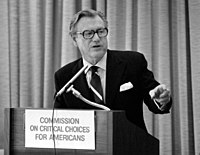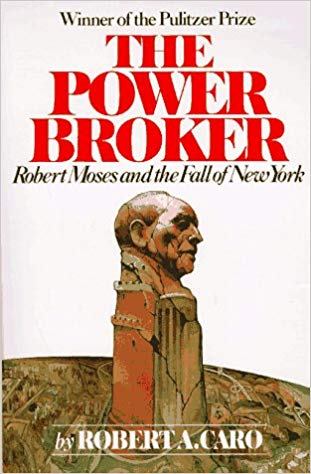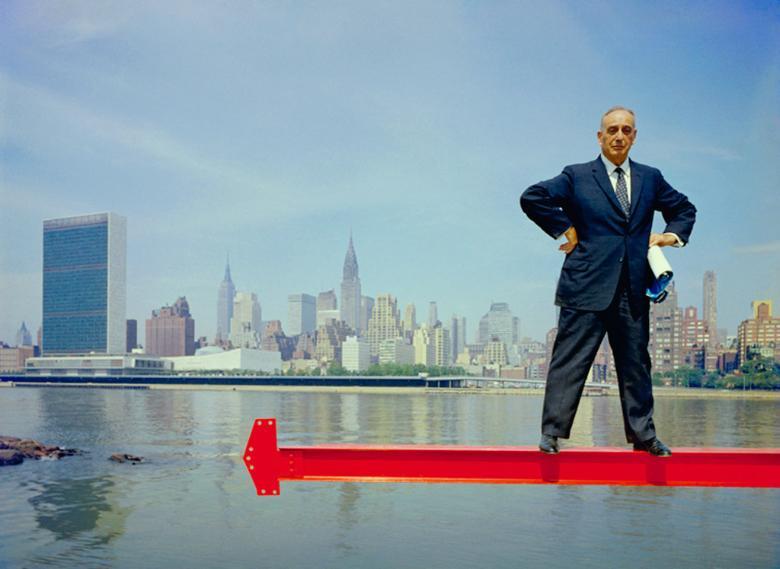Chapter 49 – The Last Stand
Rockefeller’s transportation plans were now ready. The plan would cost $6.5 billion over five years. The only source of funds was the Port and Triborough Authorities. Now it was time to get rid of Moses. Moses had little to fight back with. The network of power structures he used to control had now almost disappeared. Now Triborough stood alone. If it was removed from Moses’s control, Moses would be gone. Moses’s power over Triborough rested on the bond covenants. A bond holder needed to sue Moses. But a single bond holder would not be able to do it by themselves. So, Rockefeller created a bond holder’s trustee. That trustee was the Chase Manhattan Bank, and that bank was owned by the Rockefeller family.

By 1967, Rockefeller sought approval to issue bonds to raise money for the transportation plans. He had support in the press and the legislature, but support from a public referendum was unsure. The unions were also unconvinced, and Moses was dead against. Moses calculated that claimed surpluses from the plans were in fact deficits that would be picked up by the taxpayer. The public would, according to Moses, be left with a staggering debt. If Moses went to the media, he would be able to wreck the bill. The Governor tried to mollify Moses. Rockefeller met with Moses and after the meeting Moses declared himself in favour of the plan. The Governor had paid for this support with a promise of power. To maintain Moses’s support, Rockefeller had offered Moses a role in the construction. Moses tapped Triborough funds to support the campaign for the bill.
Prior to the meeting with Rockefeller, Moses was preparing to fight the suit brought by the bond holders. After the meeting, Moses lost interest in the suit, even though he was backed by the law and would probably have won. A deal between the Governor and the Chase Manhattan Bank, between one Rockefeller and another, agreed the merger of transport bodies into a centralised authority.
Rockefeller continued to keep Moses on-board, promising a role in the new authority, but a promise was all it was. If there was no contract by March 1st, 1968, there would be no job. Now, having strung Moses along for so long, Rockefeller let Moses go. Moses was offered a post as consultant to the Triborough Authority. This was not a board post, in fact, the post had no authority at all. Moses would be reporting to somebody else and he had no option but to accept it. Moses was now powerless and muted. The age of Moses was over.
Analysis & Key Takeaways
- Operating the government, the politicians like Robert Moses because he produced project that politicians could champion;
- He took advantage of New Deal funding to building pools, parks and beaches;
- Over his 44 year career, Moses always built projects that ensured that he would have even more power, the bridges with tolls for example, with their bond raising capacity;
- There were no environmental review processes, there is no bullying allowed to the same extent…


